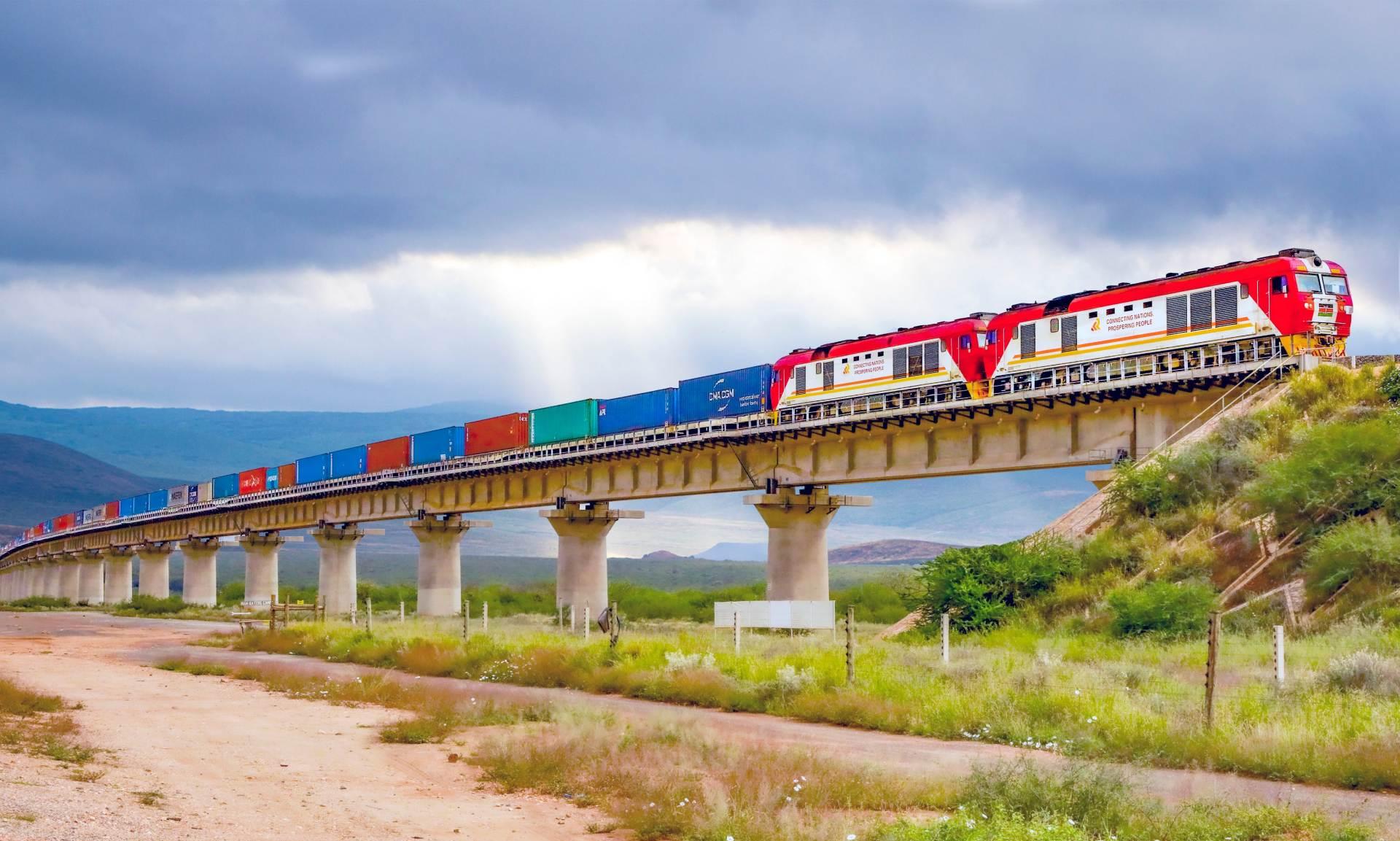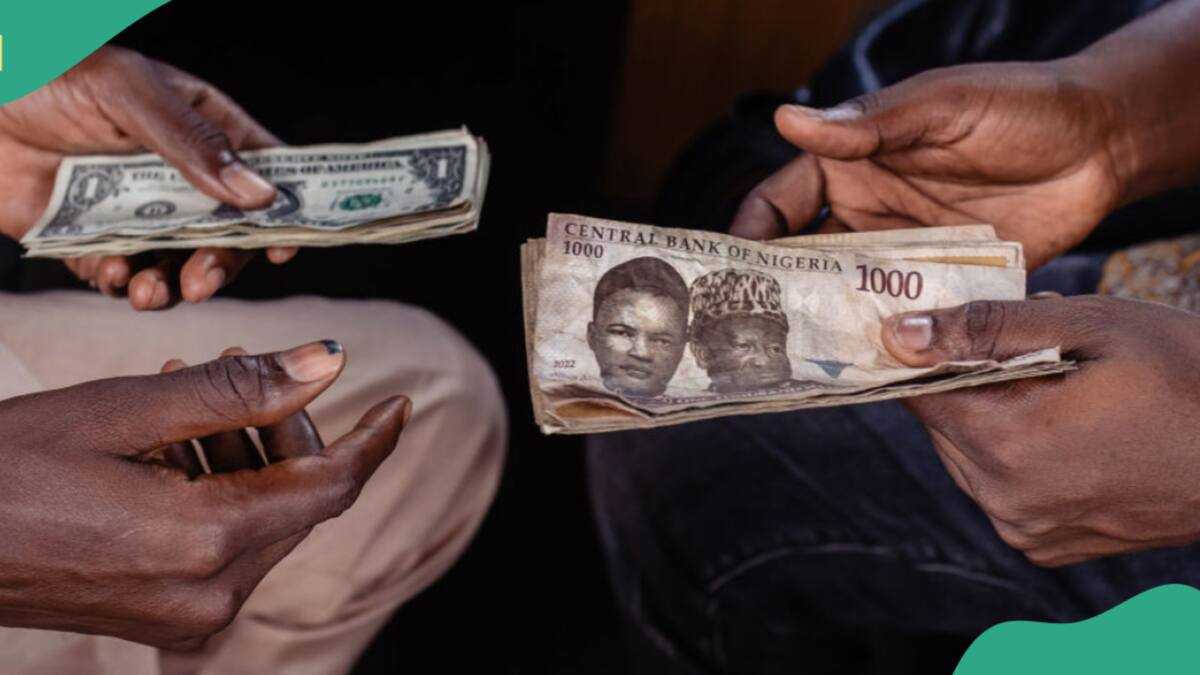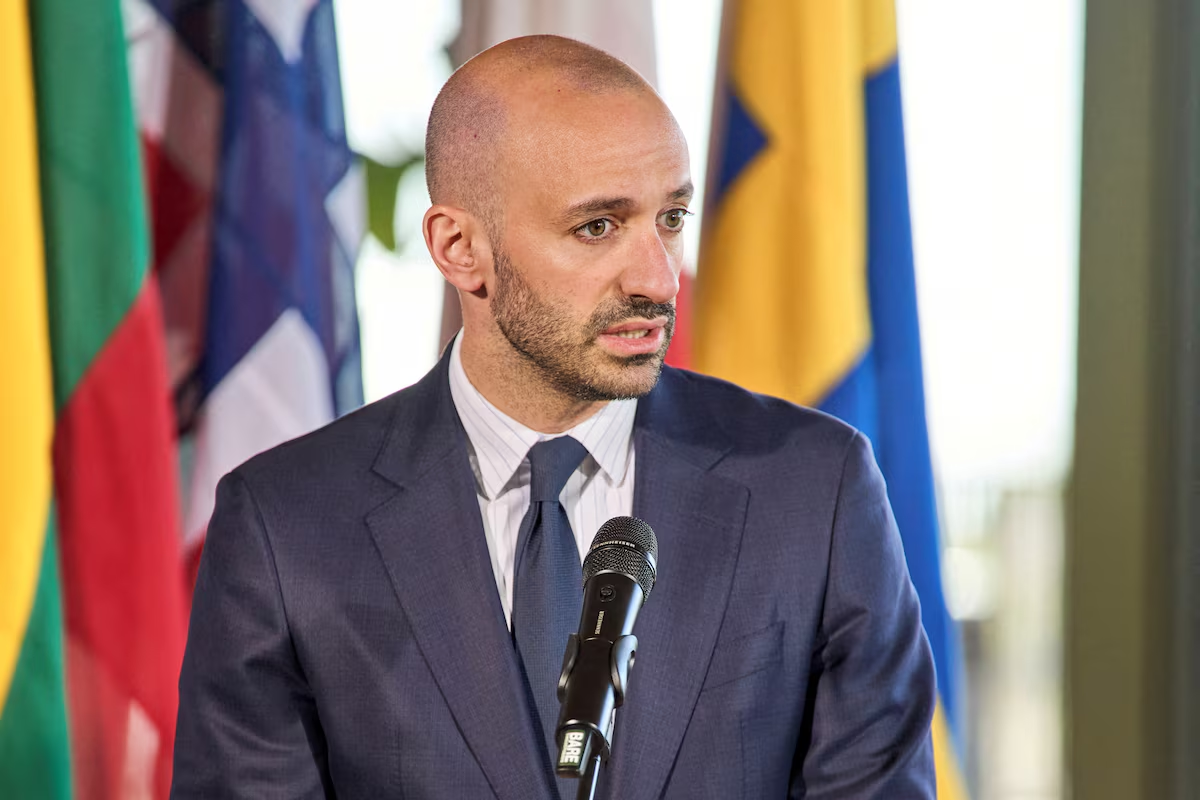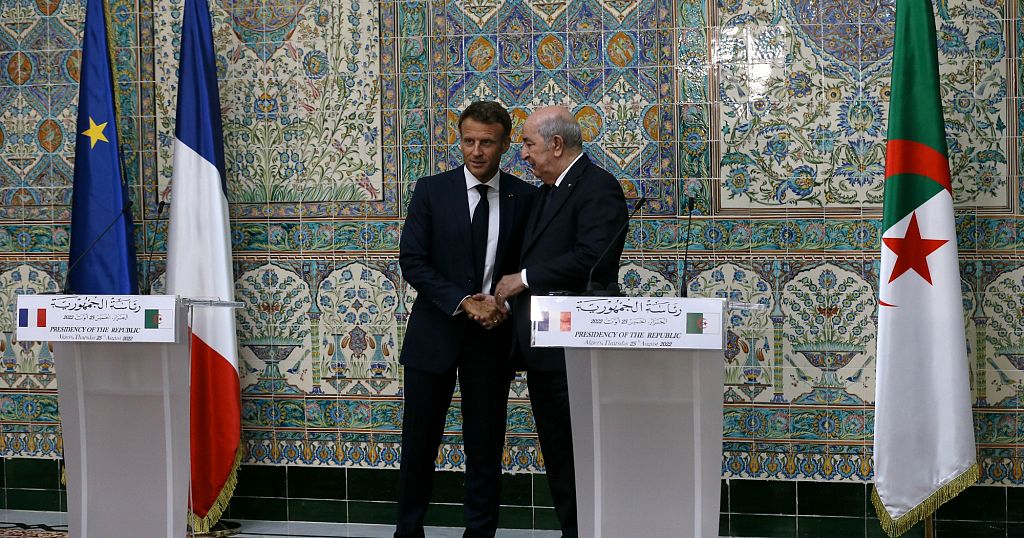EU Imposes New Sanctions on Moscow

European Union ambassadors from its 27 member states have agreed on a new, 17th round of sanctions against Russia. These sanctions, expected to be formally approved by EU defense and foreign ministers on May 20, will target approximately 200 Russian "shadow fleet" oil tankers and impose new restrictions on 30 companies involved in trading dual-use goods, including entities in Kazakhstan, Serbia, Turkiye, Uzbekistan, Vietnam, and the United Arab Emirates. Additionally, 75 individuals and entities will be listed due to their connections to Russia's military-industrial complex.
European Commission President Ursula von der Leyen welcomed the agreement, stating that it further restricts access to battlefield technology and targets Russia's energy exports by listing 189 shadow fleet vessels. She emphasized the need to end the war and maintain pressure on the Kremlin. Hungary, typically against EU economic sanctions, did not oppose these measures, which are considered limited in scope.
The EU ambassadors also agreed to an export ban on chemicals used in missile production and sanctions on Russian judges and prosecutors involved in human rights violations. A European Commission spokesperson indicated that more sanctions could follow if Russia does not agree to a ceasefire.
French President Emmanuel Macron expressed support for new sanctions on Russia if Moscow fails to agree to a ceasefire, specifically mentioning Moscow's financial services, oil, and gas sectors as potential targets. He affirmed that France is coordinating efforts in this regard. German Chancellor Friedrich Merz proposed increasing sanction pressure if Russia continues attacking Ukraine after a proposed ceasefire, suggesting the seizure of frozen Russian assets.
However, EU diplomats have noted that discussions on a new EU package could take several weeks and face difficulties in achieving the necessary unanimity among the 27 member states. The EU is also working on proposals to end fossil fuel imports from Russia by the end of 2027, as highlighted by von der Leyen, who stated that these revenues remain a crucial funding source for Russia's military operations in Ukraine.
Despite the intentions to phase out Russian energy, a study by the energy think tank Ember revealed that EU imports of Russian gas increased by 18 percent in 2024. This rise was primarily driven by increased imports into Italy, the Czech Republic, and France.








